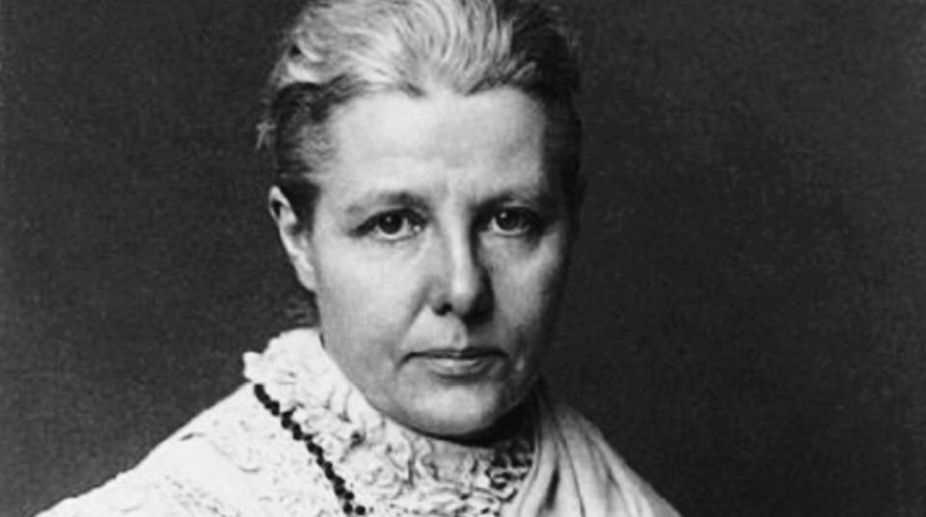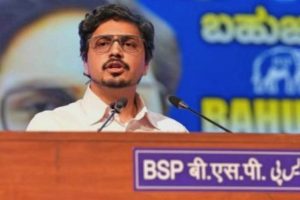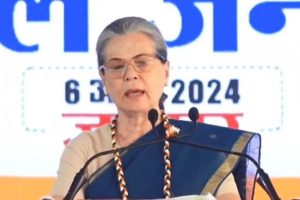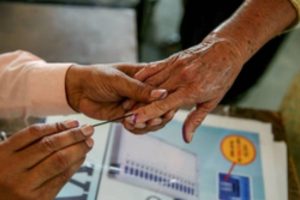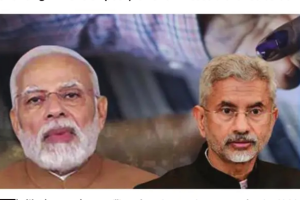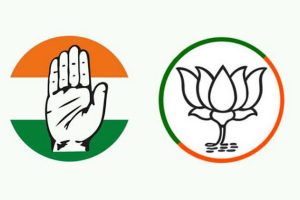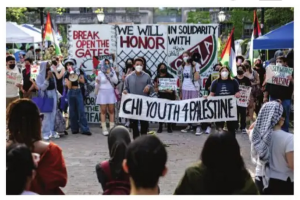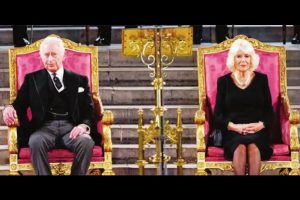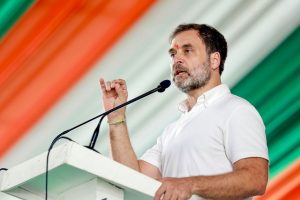“To the younger generation of today Besant might be just a name, but to my generation, and the one before that, she was a tremendous figure. Not only she played a conspicuous role in India’s fight for freedom, but she was one of those early persons who drew our attention to our own heritage, and made us feel proud of it.”
These words were spoken by Pt. Jawaharlal Nehru in a tribute to Annie Besant in 1956, 22 years after her death in 1933. Earlier, in the Discovery of India, he had written: “She was a powerful influence in adding to the confidence of the Hindu middle classes in their spiritual and national heritage.
There was a spiritual and religious element about all this, and yet there was a strong political background to it.” Annie Besant became the first woman President of the Indian National Congress in 1917. For forty years from 1893, when she first arrived in India from England, till she died in 1933, besides politics she worked in other departments of human activity – educational, religious and social – displaying tremendous energy, enthusiasm and perseverance.
Leaving the comfortable environs of her English society, Annie Besant dedicated her life to the service of India and its people. This ‘angel’ landed on Indian soil in December 1893 when the empire had tightened its grip over India and an average Indian had lost confidence in himself, his self respect and even his ancient cultural moorings.
Before coming to India she had visited the Chicago Parliament of Religions which has become a historic milestone because of Swami Vivekananda’s famous address. As she was already a leading Member of the Theosophical Society in London, Annie Besant chose Madras for her residence as the headquarters of the society, propagating inter-faith harmony, was located in Adyar. She became President of the society in 1907 continuing in the post till her death.
To propagate her political and social views Mrs. Besant started a weekly paper Commonweal and later a daily, New India. Through the columns of these papers which became very popular, she forcefully advanced the cause of freedom for India: “What does India want? She wants everything that any other nation may claim for itself. To be free in India as the Englishman is free in England. To be governed by her own free men, freely elected by herself – justice must replace inequality. India can never nest till she is free.”
In 1914 Besant attended the 29th session of INC in Madras as a delegate. Soon after she intensified her activities for Home Rule and established a Home Rule League in 1915. A few months apart, another Home Rule League was also set up by Lokmanaya Tilak in Poona. Both Leagues coordinated their efforts by confining their activities to their respective areas of influence. Home Rule became a live issue for the whole of India. Prominent Indians joined Besant’s Home Rule League: C.R. Das in Calcutta, Motilal Nehru in UP and M A Jinnah in Bombay.
The ever increasing activities of Mrs. Besant became a headache for the British authorities. In mid 1917 she and two of her colleagues were interned in Ooty. According to one of her biographers, Mrs. Besant’s internment sounded the death knell of the British Empire. Her detention achieved what she could not achieve for 20 years.
A few months later Mrs Besant was invited by the Congress to preside over the INC session at Calcutta in December 1917. In her presidential speech, she said that “democracy is not foreign to India. Panchayats, the ‘village republics’ had been the most stable institution of India, and only vanished during the last century under the pressure of the East India Company’s domination.” As a result of Annie Beasant’s campaign and pressure of public opinion the Montague-Chelmsford proposals on constitutional reforms were enacted by the British parliament. In 1920, when Mahatma Gandhi launched the non-cooperation movement Besant opposed the means adopted by the Mahatma even while agreeing with the objective of the movement.
This sharp difference of opinion had an adverse effect on her popularity and she gradually withdrew from the political field. However, by 1925, Besant prepared an Indian Commonwealth Bill which was presented to the British parliament.
The Bill, with its proposal of a constitution for India made by Indian themselves, couldn’t be passed despite the support of all Labour and Liberal MPs.
Annie Besant’s work in the political and religious fields became well known. But her equally important contribution in the field of education is relatively little known. For example very few people may know that it was Besant who started the Central Hindu College at Varanasi which eventually grew as Benaras Hindu University (BHU) with the efforts of Madan Mohan Malaviya. She was not only a popular and versatile author but also a leader whose oratorical skills could be matched by only a few of her contemporaries.
Sarojini Naidu, who became the second woman President of INC in 1925 remarked: “Had there been no Annie Besant there would have been no Mahatma Gandhi.” Alongwith Dadabhai Naoroji, Tilak and Gokhale, Annie Besant must rank with the most popular and influential leaders of the pre-Gandhian era.
(The writer, an ex-Army officer is a former member of National Commission for Minorities and a political analyst.)

